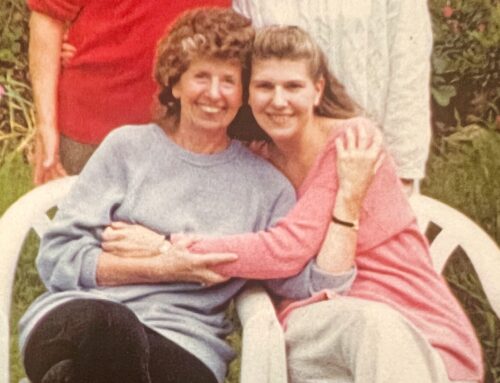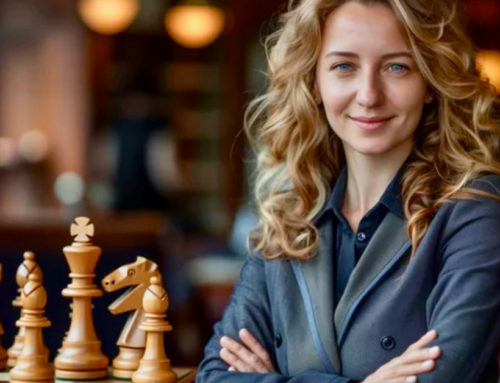“Forever is composed of nows,” said Emily Dickinson, and how right she was. Our whole lives, as we live them, are millions of nows stitched together into a tapestry of years.
So why do most of us spend so little time ‘in the now’, preferring instead to dwell on things that have happened in the past or to worry about things that might happen in the future?

When it comes to dealing with other people, this imbalance becomes particularly unhelpful to us. In the War to Peace methodology we look a lot at changing our emotional state (what we are feeling or the mood we are in) in order to better handle a potentially difficult interaction or situation. This is not the same as suppressing our emotional responses, which would be unhelpful: it is about recognising whether the state we are in is resourceful or otherwise for the situation at hand, and taking steps to make it that way.
Past War to Peace workshop participants, Heather and Mark, gave good examples of how spending too much time in the past or in the future respectively put them into an unresourceful state:
Heather is a senior partner in a law firm. When a new partner joined the team, Heather recognised her as a bully from the school they had both attended over 30 years before. Whilst Heather herself hadn’t been tormented by this woman, several of her close friends had, and she knew that at least one of them still bore the emotional scars. Although many years had passed and the woman had changed enormously, Heather found dealings with her new colleague were affected by her baggage from the past.
Mark has a teenage son. When he came to the workshop, his son had recently fallen in with a group of friends that Mark didn’t like and had come home with a large tattoo one day. When Mark told the group about his son, his worry levels were high – he was worried that his new friends would affect his choices which in turn would affect his job chances in a few years and that would make every difference to his happiness in the future. As a result, he found himself barely able to even talk to his son about what to have for dinner without a huge argument ensuing.
Heather and Mark worked on dealing with their emotional responses to their situations during the workshop, and a powerful part of the process was in managing their emotional states around the people they were at War with. By using what they had learned in the workshop, they dramatically increased their ability to communicate – and influence – the people they were struggling with.
One simple way to change your emotional state to be more helpfully ‘in the now’ is to take a deep breath and become an observer of the thoughts you hare having about the person you are struggling with. Remember, you are not your thoughts, you don’t need to believe your thoughts and you certainly don’t need to act on your thoughts. Observing them with a “that’s an interesting thought”, can quickly remove the emotional charge and bring you back to being in the now.
Over to you
- How much time do you typically spend ‘in the now’ on an average day?
- What one thing could you do to change your emotional state to a more resourceful one?
Do you know someone who could benefit from War to Peace?
If you, or someone you know, would like to experience and understand more about being at War and learning how to be at Peace, even with the people you find most difficult, our next open-access War to Peace workshop is on 16 October. Spaces sell out quickly, especially our reduced priced tickets, so if you would like to attend, do book yours today.
P.S. Pass it on!
Found this useful? Then please share this article using the icons below and do leave us a comment.
“Forever is composed of nows,” so why don’t we spend more time there?
Please leave your name and email address at the top or bottom of this page to receive more articles like this.
©Halcyon Global 2015







Leave A Comment